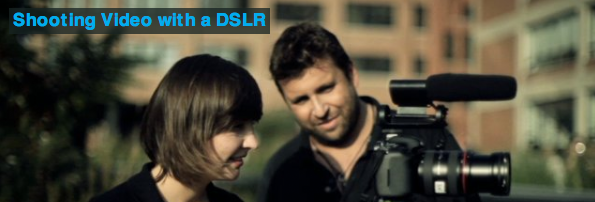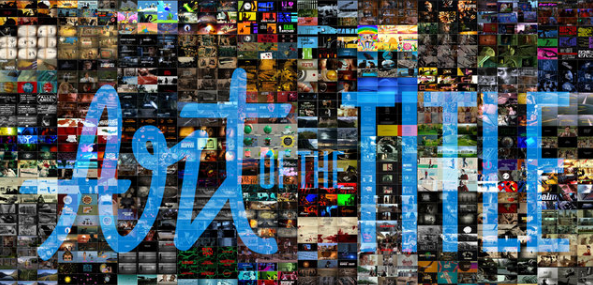In January 2013, I traveled to Bhutan with 30 international students, only to come home with mass amounts of footage that couldn't be condensed into a little web video. Fifteen months later, I screened a feature-length film from that trip to the students who lived it. (I was even able to share it with the Prime Minister of Bhutan and receive feedback!)
Q&A: how to document experiences remotely
One thing I am hoping to do is be able to create some great videos like these you’ve made for THINK. It’s hard because I have few opportunities to capture raw footage myself – only when a program happens to be somewhere nearby like D.C., but I want to get practicing! What kind of programs and equipment do you use? ANY tips you could offer would be so great. I know you’ve spent thousands of hours perfecting your craft just in the area of filmmaking – like I said, I have watched and read about your growth! I also know you are crazy busy, but I’d greatly appreciate any insights or lessons learned you have.
Is film school worth it these days?
Yet another feature came out of my fingertips this week, one that started from the seed of a simple video on pixels. Entitled 'How to produce award-winning films without going to film school', this piece packs in huge amount of information from some of the most outspoken self-taught cinematographers on the net.
I went to art school, a study I'm sure many people would claim needs no formality or implied success with a degree, so I expected a little retaliation by film schoolers. Surprisingly, none have surfaced yet. Just I wait.
Without belittling the certain perks of attending film school (or formally studying any specialty for that matter), I believe if you’re motivated, there’s a way to teach yourself enough to obtain a great job, gain work experience, and prosper with continued self-improvements. As many advocates for the self-taught film path cite, it’s likely your favorite filmmaker didn’t study his craft at school either.
The underlined actions to take away from the piece include:
Get schooled for free at your own pace - with Vimeo Video School and online tutorials by self-taught filmmakers such as Philip Bloom
Get fluent in the ever-changing tools - Zacuto instructional videos, NoFilmSchool.com cinematography guide, and getting creative with basic tools like iPhones
Position yourself for the current job market - learn how to be autonomous like Alexander Fox of CrewOfOne.com
Get constructive feedback on your work - connect with other filmmakers, hear online critiques, or pay someone to watch your work
Connect with people that help you grow - submit to festivals, post online, and network with access you already have
Clarify your thoughts on higher education - because it might not help you achieve your specific angle
With ample video embeds and links, this is a meaty post worth reading and commentating. And if you disagree, please do provide the insight I need in order to determine if film school is on my path.
Investigating the art and evolution of the film title
I've managed to compile myriad jobs and hobbies that complement each other, one absorbing skills to improve the other, making me feel like I'm ascending Penrose steps. I spent the day researching ways to improve filmmaking skills that don't include paying for or attending film school, a theme I'm covering for Matador. While doing so, I ran across this gem of a video, which attracted me with its RJD2 soundtrack alone. Also, I'd give 'the art of...' anything a chance (even that horrible Art of Travel movie).
Perusing the many videos highlighting brilliant title sequences in film and TV, I'm immediately jazzed about learning animation and advanced graphics. My previous practice with titles in online video is to produce the title within ten seconds of its start. Aside from some stylistic guidelines, that's all the thought I've applied. With this study spanning decades of filmmaking, I'm inspired to pay closer attention to my video introductions, more than just watching the timeline and using a provided Motion template.
Perhaps the most intriguing comparison with past and present concepts is the affinity for an aged appearance. It's comforting and pleasantly dusty, and it gives me more ideas for vintage effects. Do you have any favorite video motif that you rely on the title sequence delivering?
If you like or produce film, I encourage you to find some of your favorite movies and title sequences on Art of the Title and read the thoughtful copy and interviews below them. The post on the 2011 Emmy nods for best title is especially great.




